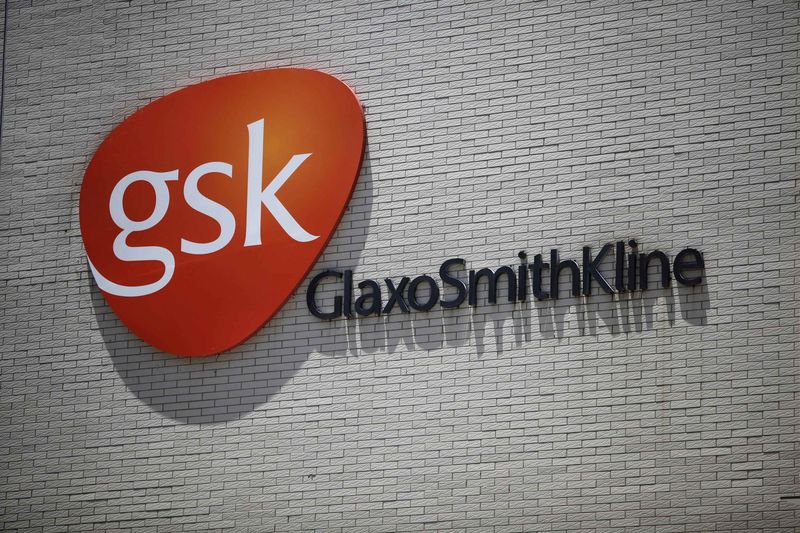By Amy Nordrum -
GlaxoSmithKline is acquiring Switzerland-based GlycoVaxyn, which specializes in manufacturing vaccines for bacterial infections, for $190 million in a deal announced this morning. The companies have worked together since 2012 and GlaxoSmithKline owned a minority stake prior to the purchase. With the deal, GlycoVaxyn is valued at $212 million.
In a press release about the acquisition, GlaxoSmithKline touts a proprietary process that GlycoVaxyn has developed to create conjugate vaccines, which are typically used to immunize children against bacterial infections such as meningitis. The company’s methods rely more heavily on biology than chemistry to create bacterial cells for the vaccines, as reported by PMLive, which allows their developers to target a greater number of infections than traditionally thought possible.
With the deal, GlaxoSmithKline also earns several vaccines that are in the early stages of testing, including ones to protect against pneumonia and E. coli infections as well as Pseudomonas and Staphylococcus aureus – two infections commonly caught by patients in hospitals. The threat of such afflictions is on the rise as people build resistance to traditional antibiotics.
Meanwhile, a deal between GlaxoSmithKline and Novartis AG that will transfer the vaccine division of Novartis AG to GlaxoSmithKline for $5.25 billion, among other arrangements, is to proceed after winning regulatory approval from the European Union late last month. Vaccines currently account for about 14 percent of sales at GlaxoSmithKline, according to PMLive.
“This is an exciting opportunity to expand our research efforts to develop a new generation of vaccines for common and severe bacterial infections, for many of which there are currently no effective vaccines,” Moncef Slaoui, chairman of vaccines for GlaxoSmithKline, said in a statement. “It reinforces our commitment to seek out and invest in great science and complements our proposed transaction with Novartis which will strengthen our leading position in vaccines.”
